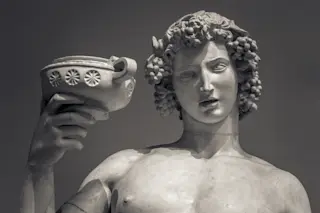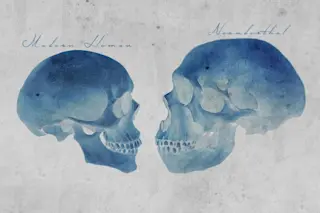The other day I was listening to NPR and they were discussing at length the upheavals in the Arab world. Offhand I noted how the discussants would occasionally shift between "the Arab world" and "the Muslim world," and naturally they all took for granted the central role that Islam would play in the Egyptian polity (and likely the Libyan one). There was nothing shocking about any of this, but imagine you engaged in some substitution. Switching from "Western world" to "Christian world" would sound old-fashioned and anachronistic. The European Union famously omitted mention of Christianity in its constitution several years back, from which erupted a controversy between its more religious and secular member nations (e.g., Poland vs. France). Western societies may still have Christianity as the dominant religion, but in most cultures it does not have the same relationship to the broader culture that it once did. This is in ...
Islam, creationism, and anti-modernism
Explore the dynamics between the Arab world and Muslim world, focusing on secularism and its impact on Islam in politics.
More on Discover
Stay Curious
SubscribeTo The Magazine
Save up to 40% off the cover price when you subscribe to Discover magazine.
Subscribe












